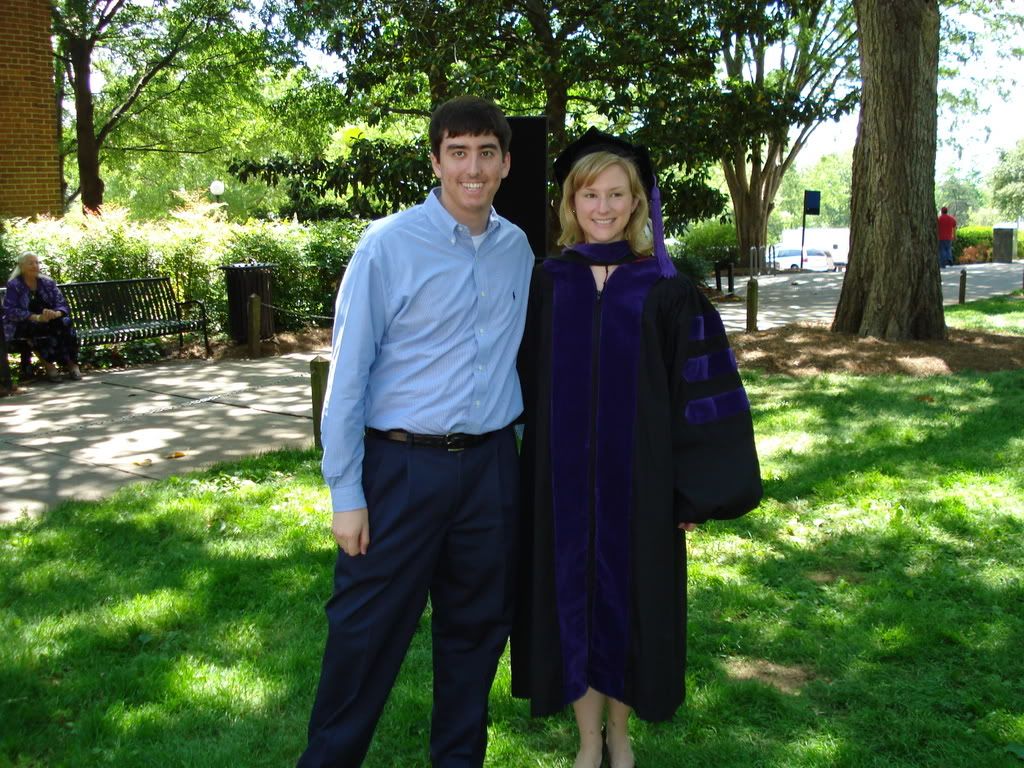Sunday, June 17, 2007
Gerald Manley Hopkins
Out of any poet who wrote during the Victorian, I would say that Hopkins's poetry most directly matched his personality and life. Many of the poems featured in the Longman anthology concerning Hopkins greatly matched the description the anthology gives for this particular poet. Many of his writings were religiously based and perhaps intended as tools of religious inspiration and conversion. Also, many of his poems dealt with his poor emotional and physical health. The poem that struck out most to me was "I Wake and Feel the Fell of Dark, Not Day." To me, the title of this poem is referring to the condition Hopkins found himself in during his time in Liverpool, surrounded by the filfth of the slums and the emotionally draining occupation of Jesuit Priest in such harsh conditions. Because of all his work Hopkins was doing for the Lord, I believe he expected some kind of earthly compensation, but all he ever received was poor health. Hopkins writes, "O what black hours we have spent" and later "where I say hours I mean years, mean life" (Hopkins 778). These lines indicated his life is of a dark and ill state. The dark Hopkins speaks of is, I believe, a reference to the night rather than the day the title of the poem speaks of. While he sits in the darkness of the night, he should be sleeping peacefully but is kept awake and tired. Hopkins desires peace of body and mind and I believe this poem does a most adequate job of conveying that feeling.
Subscribe to:
Post Comments (Atom)

1 comment:
Jay,
Very good commentary on the work of this most challenging poet. Good focus on and interpretations of Hopkin's poem.
Post a Comment